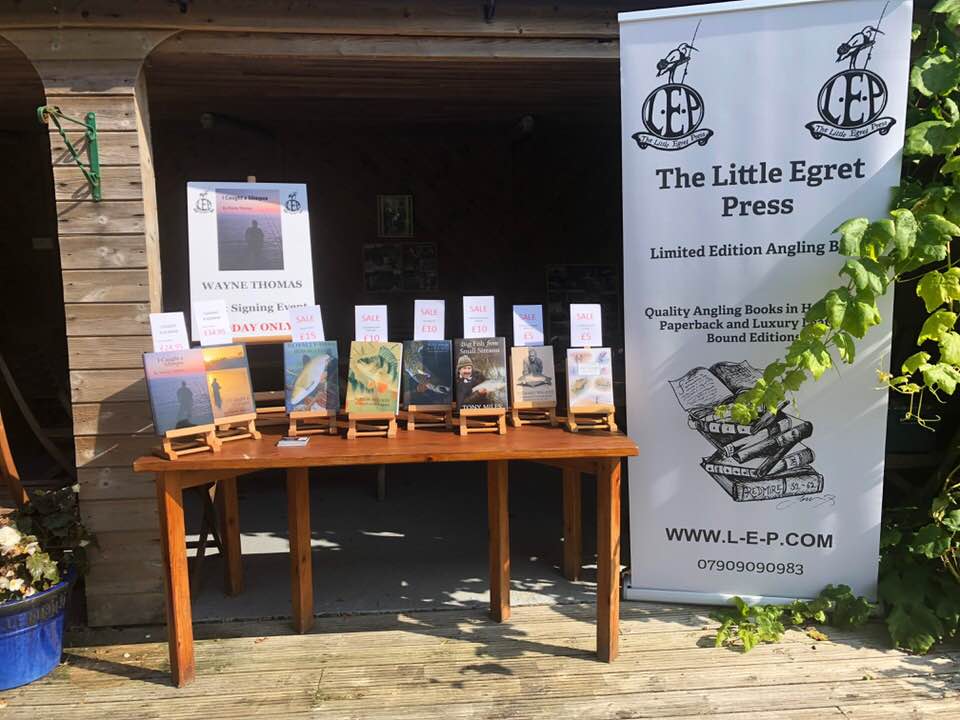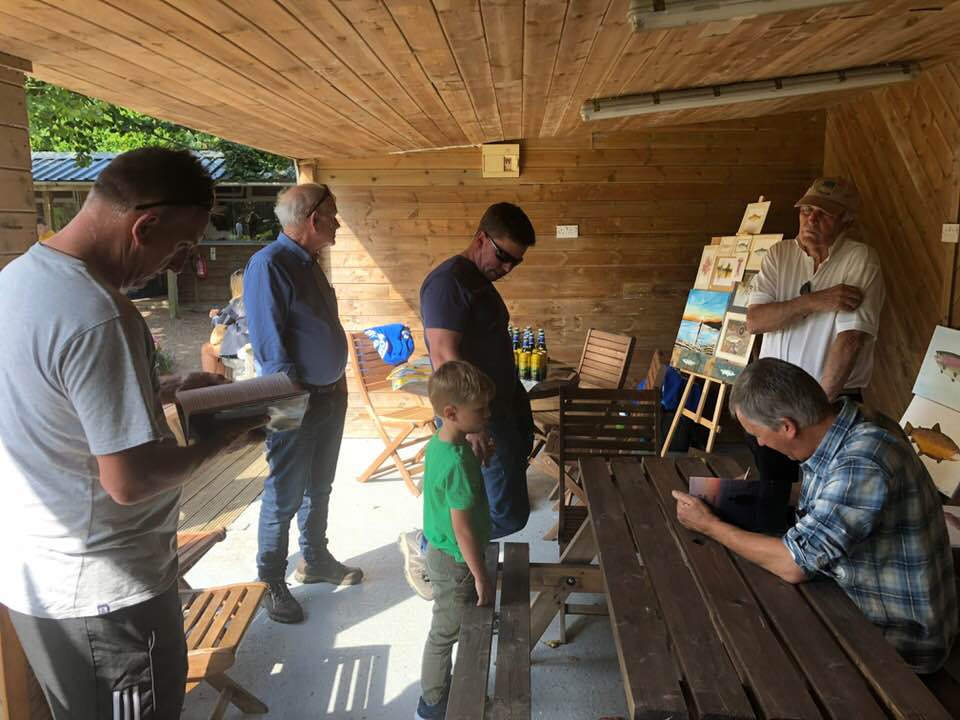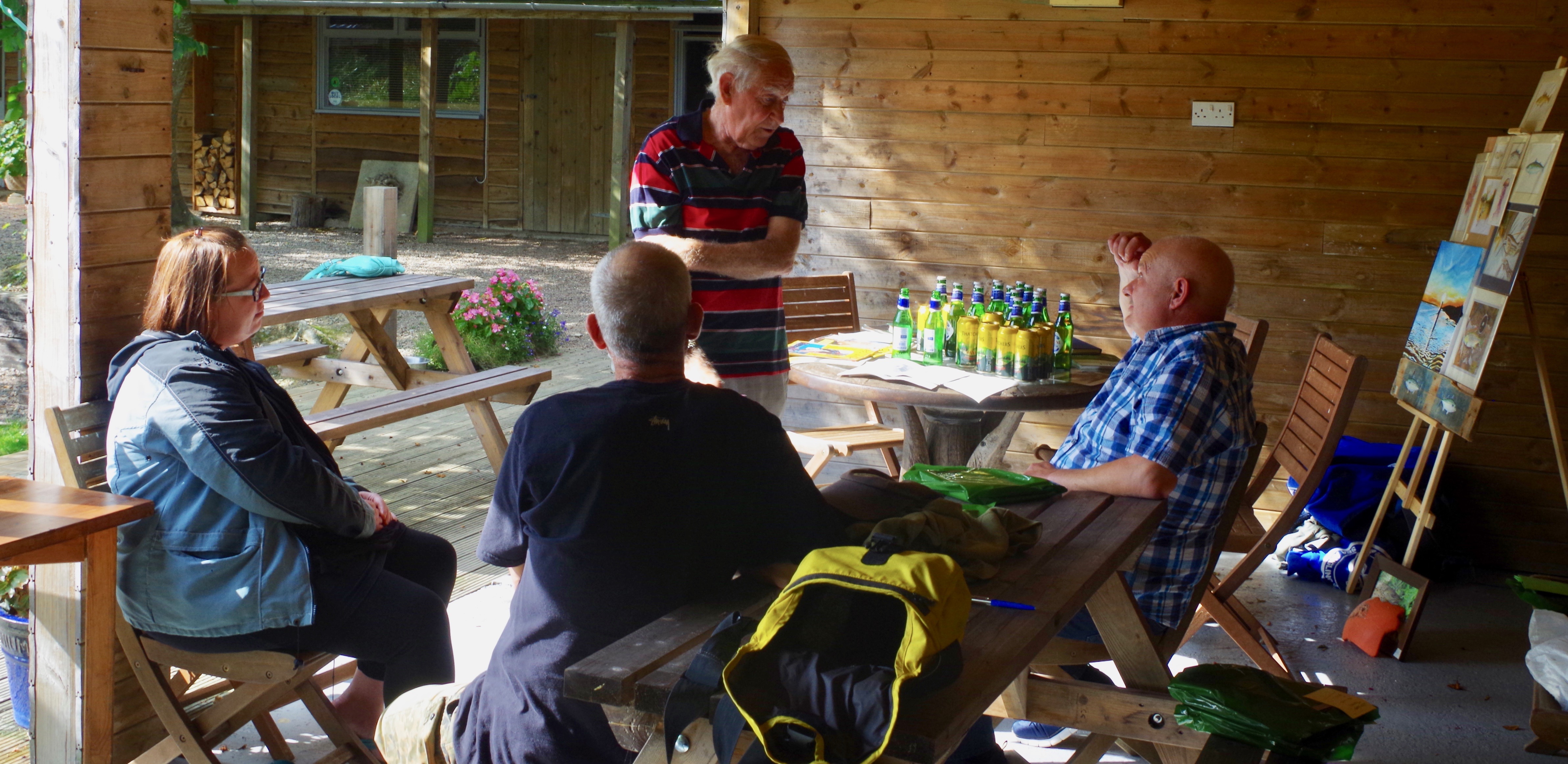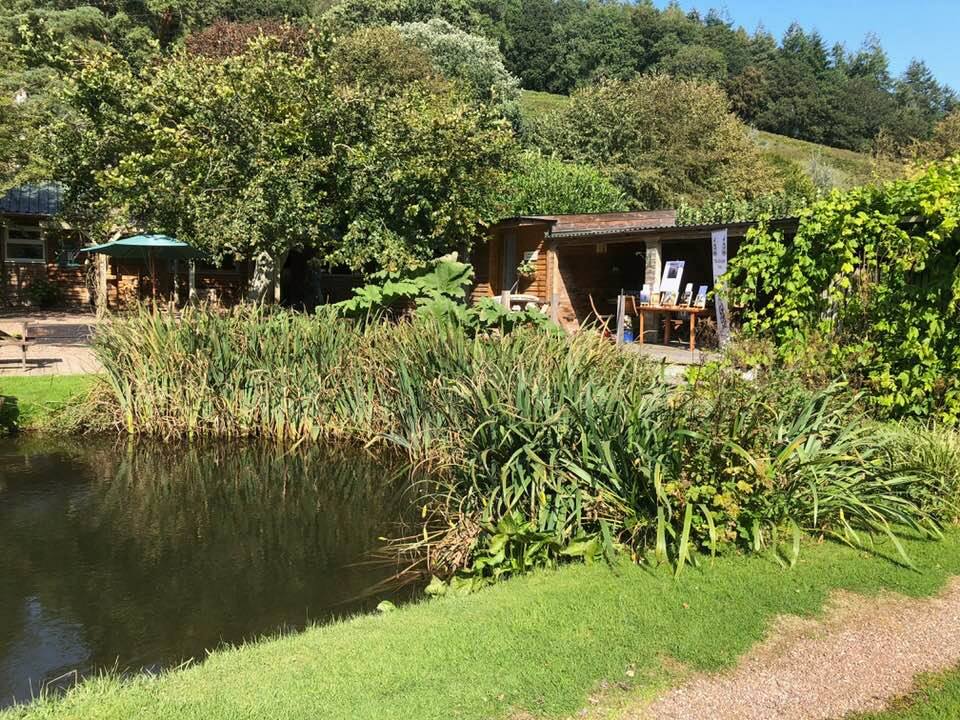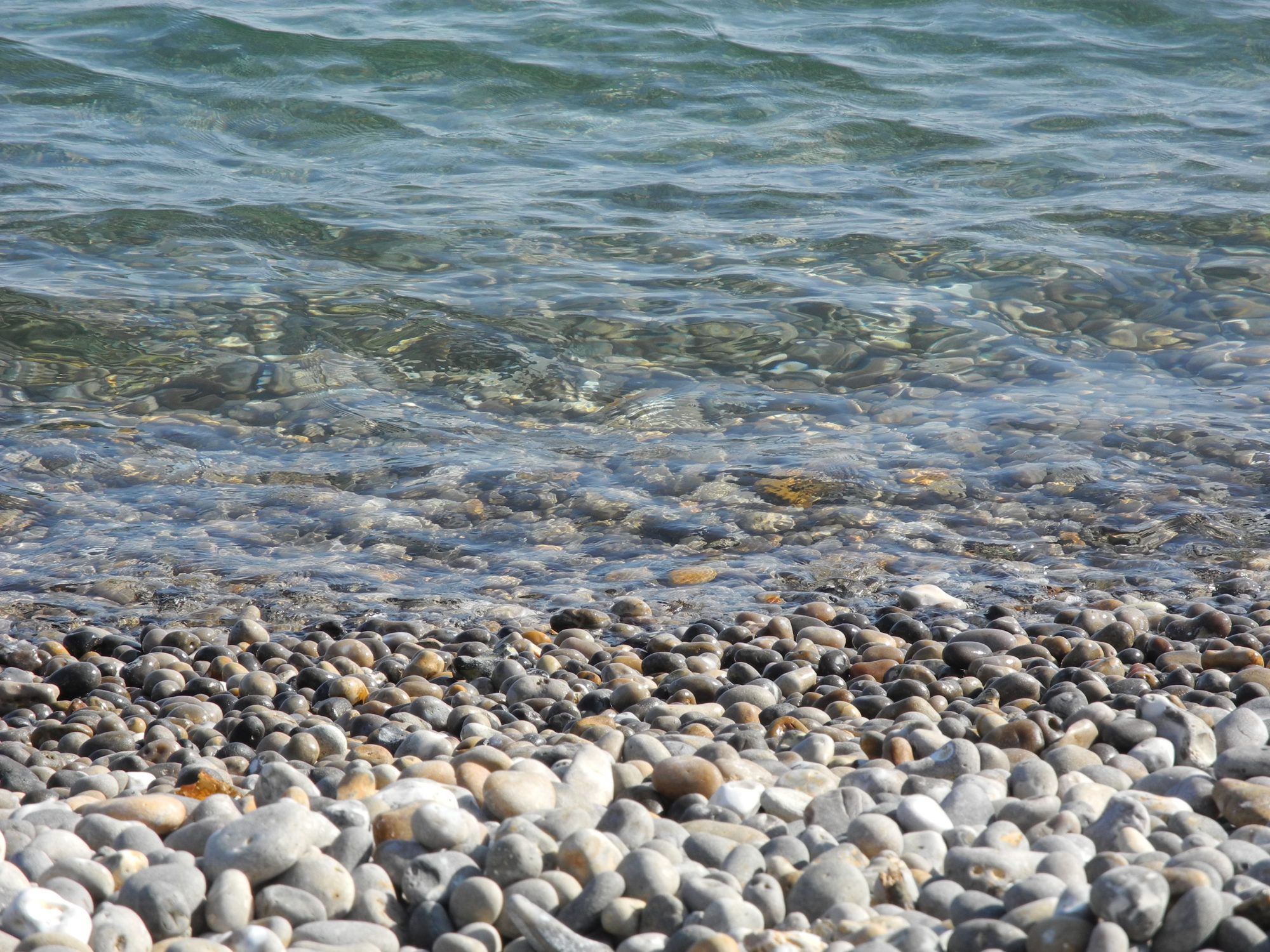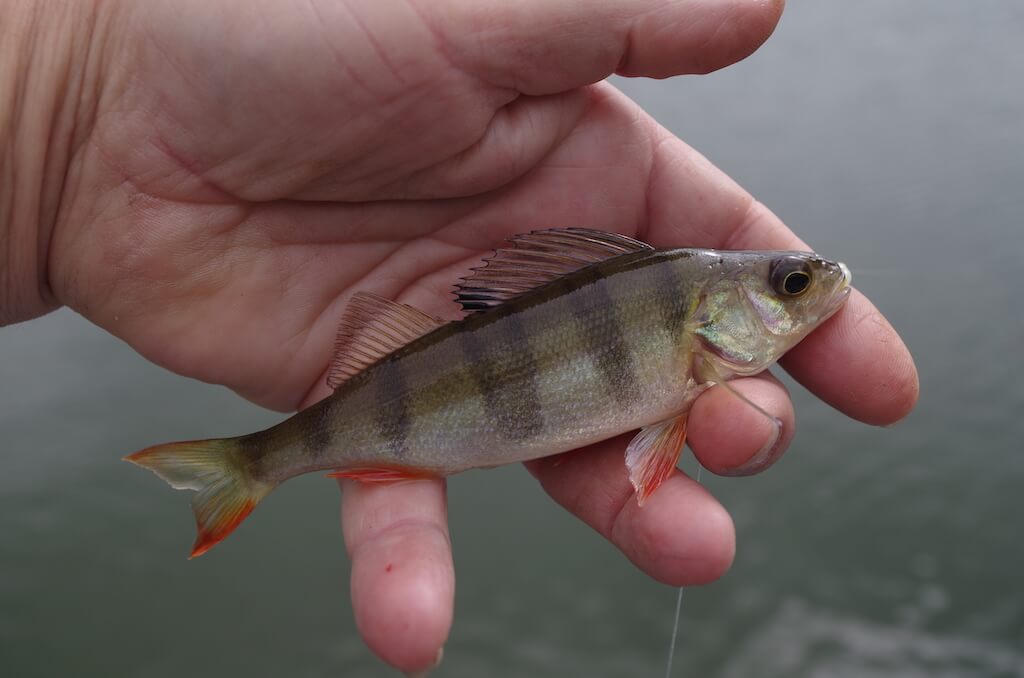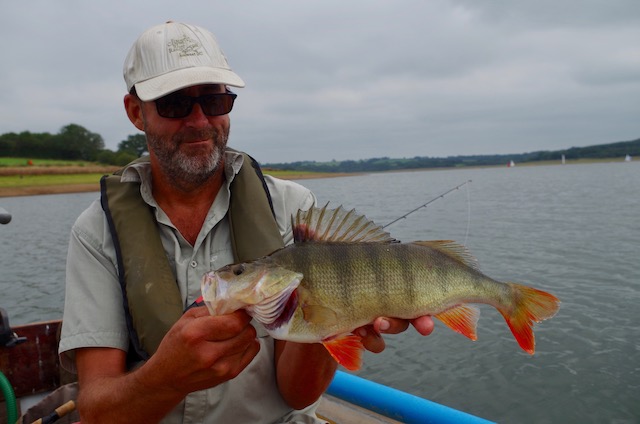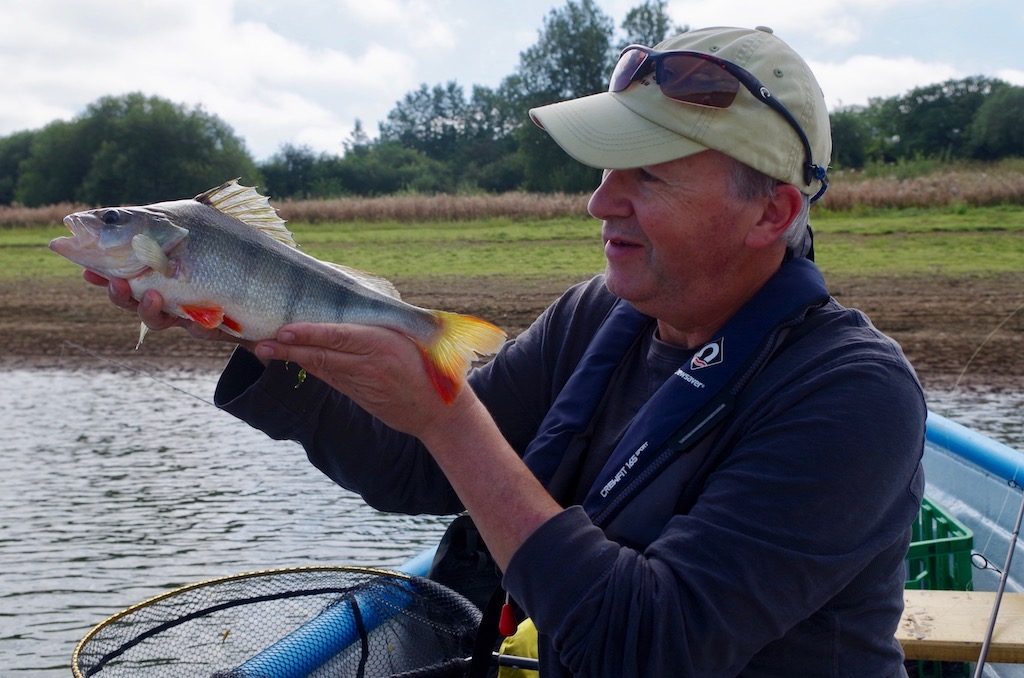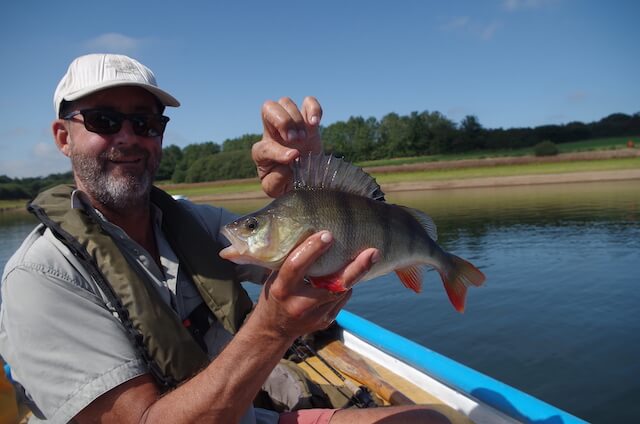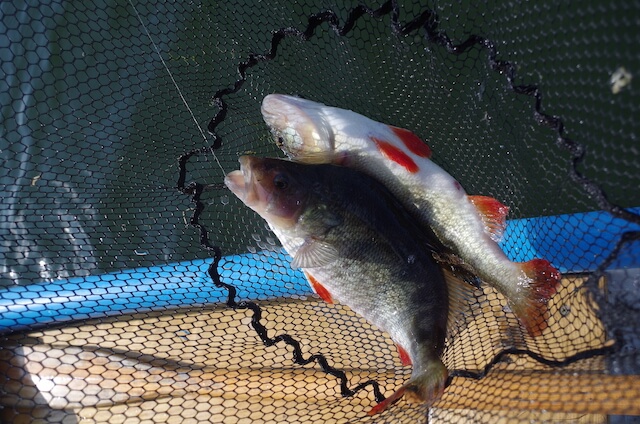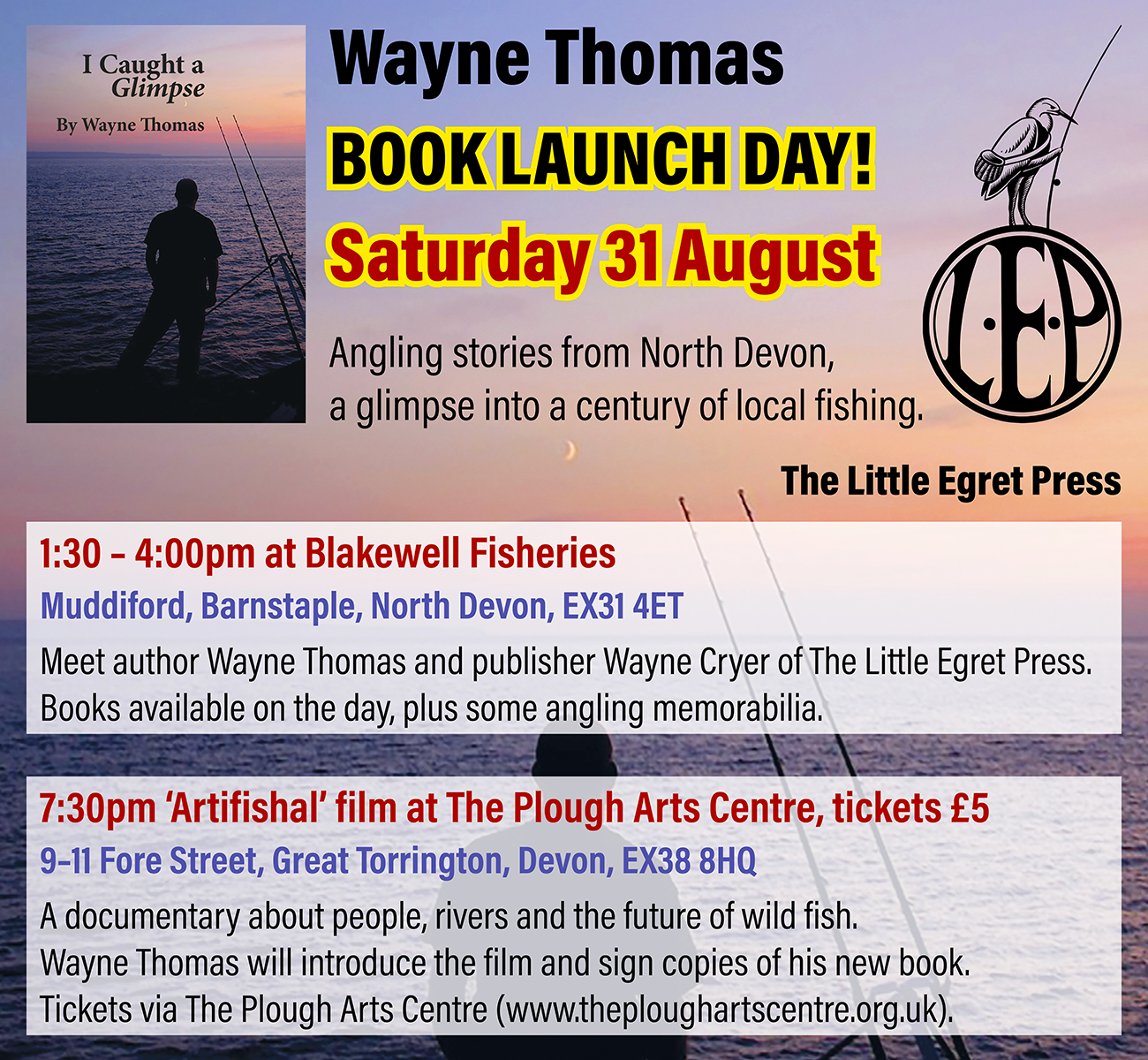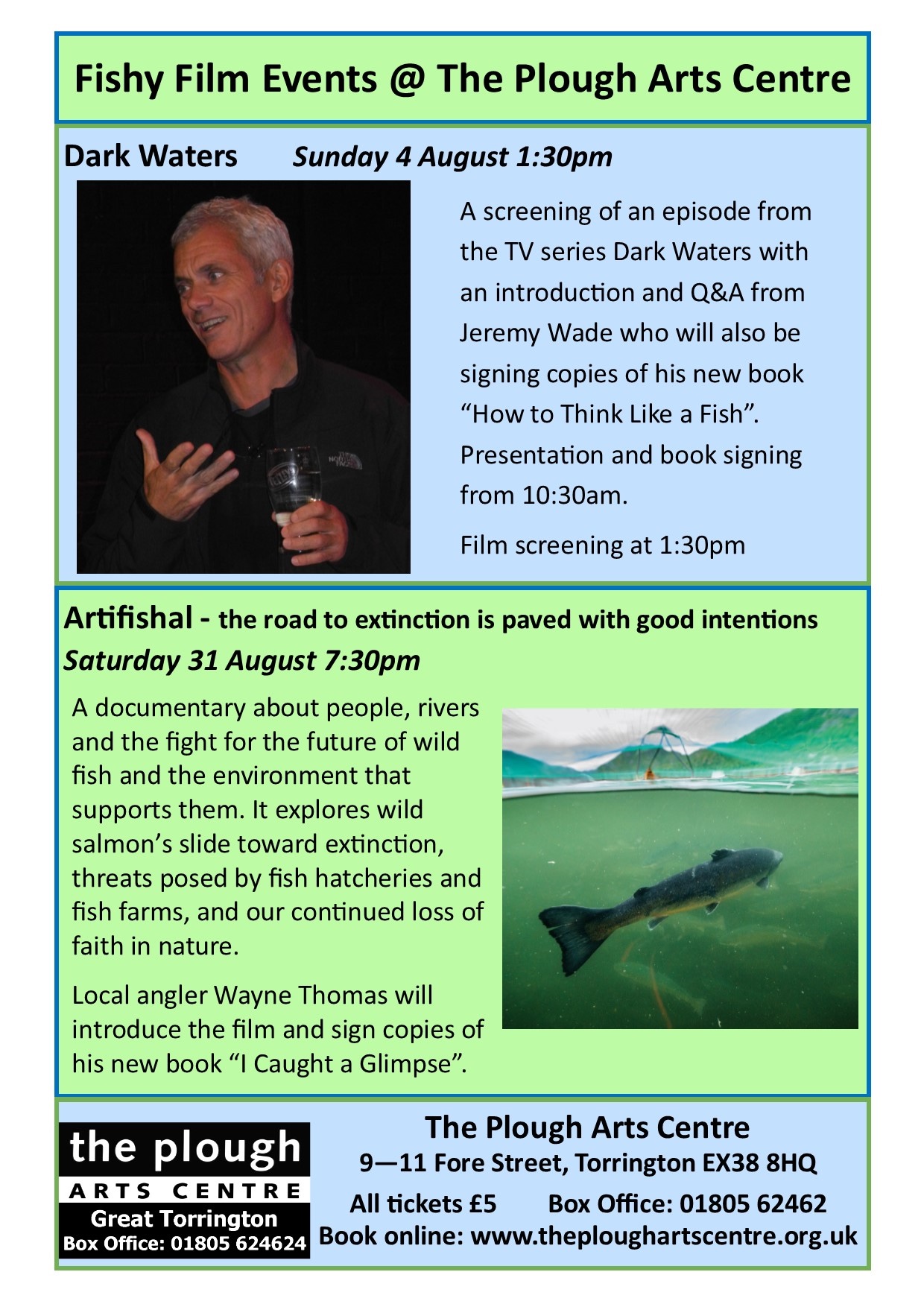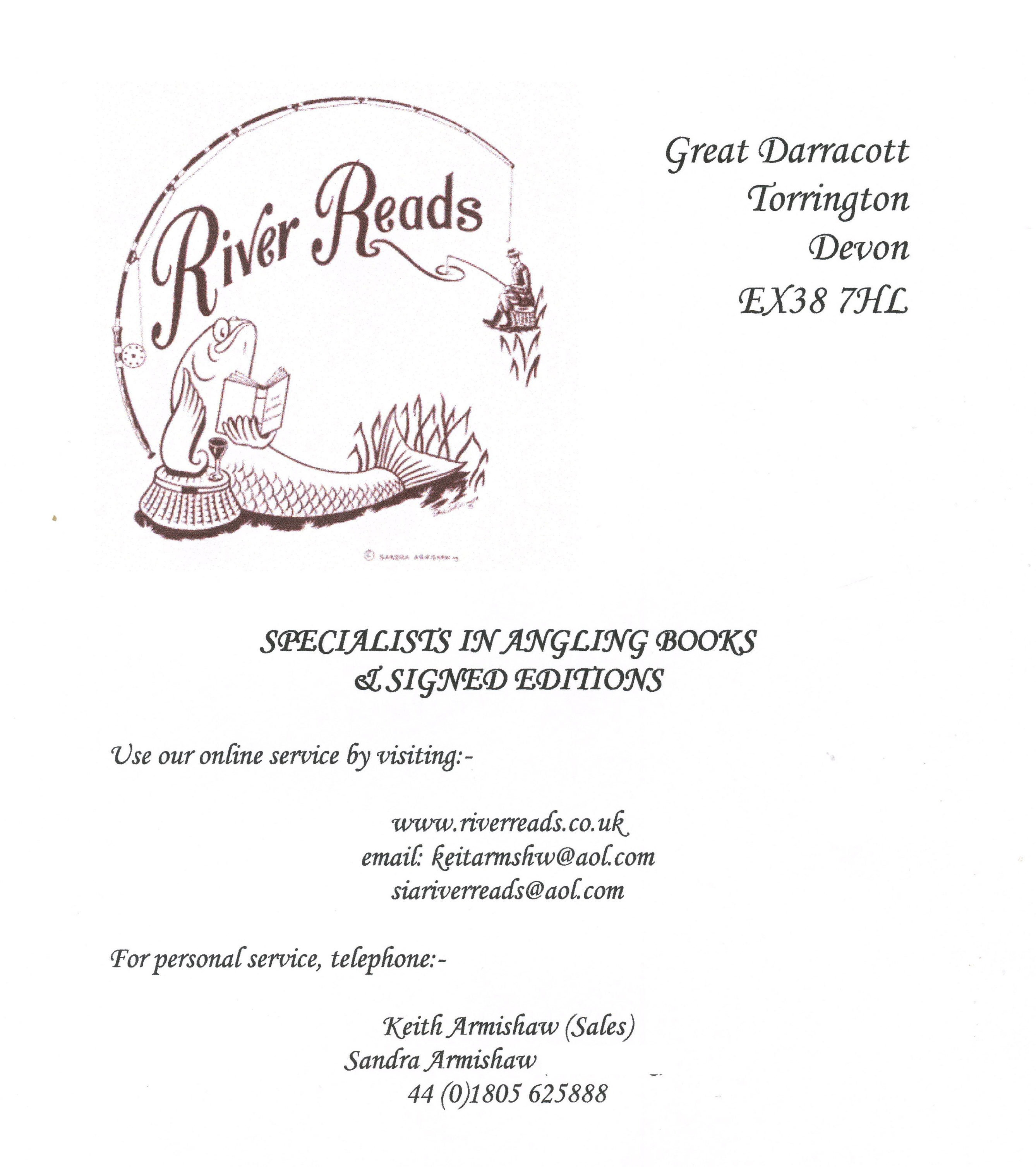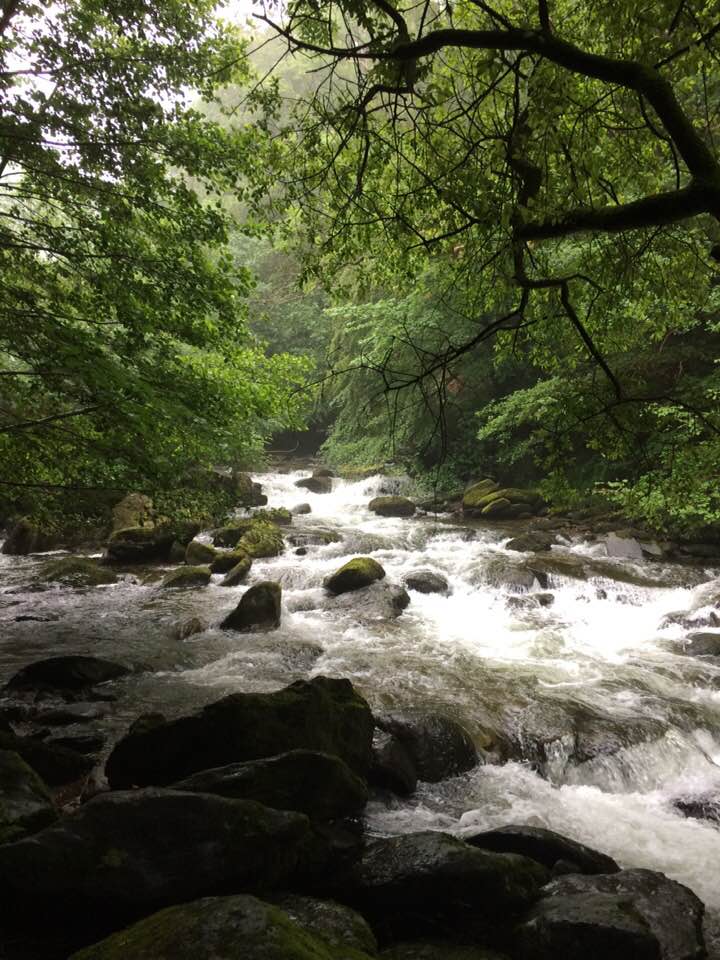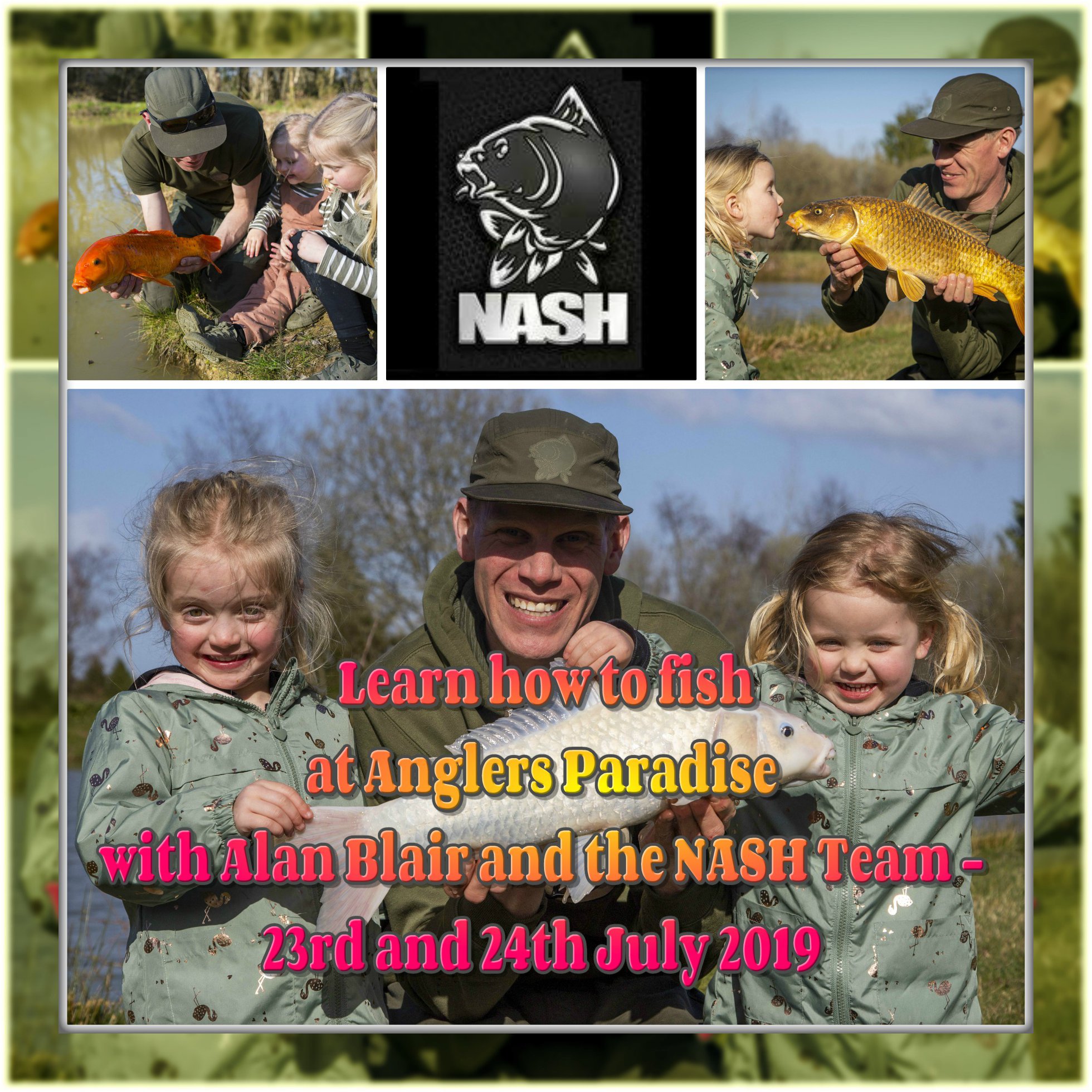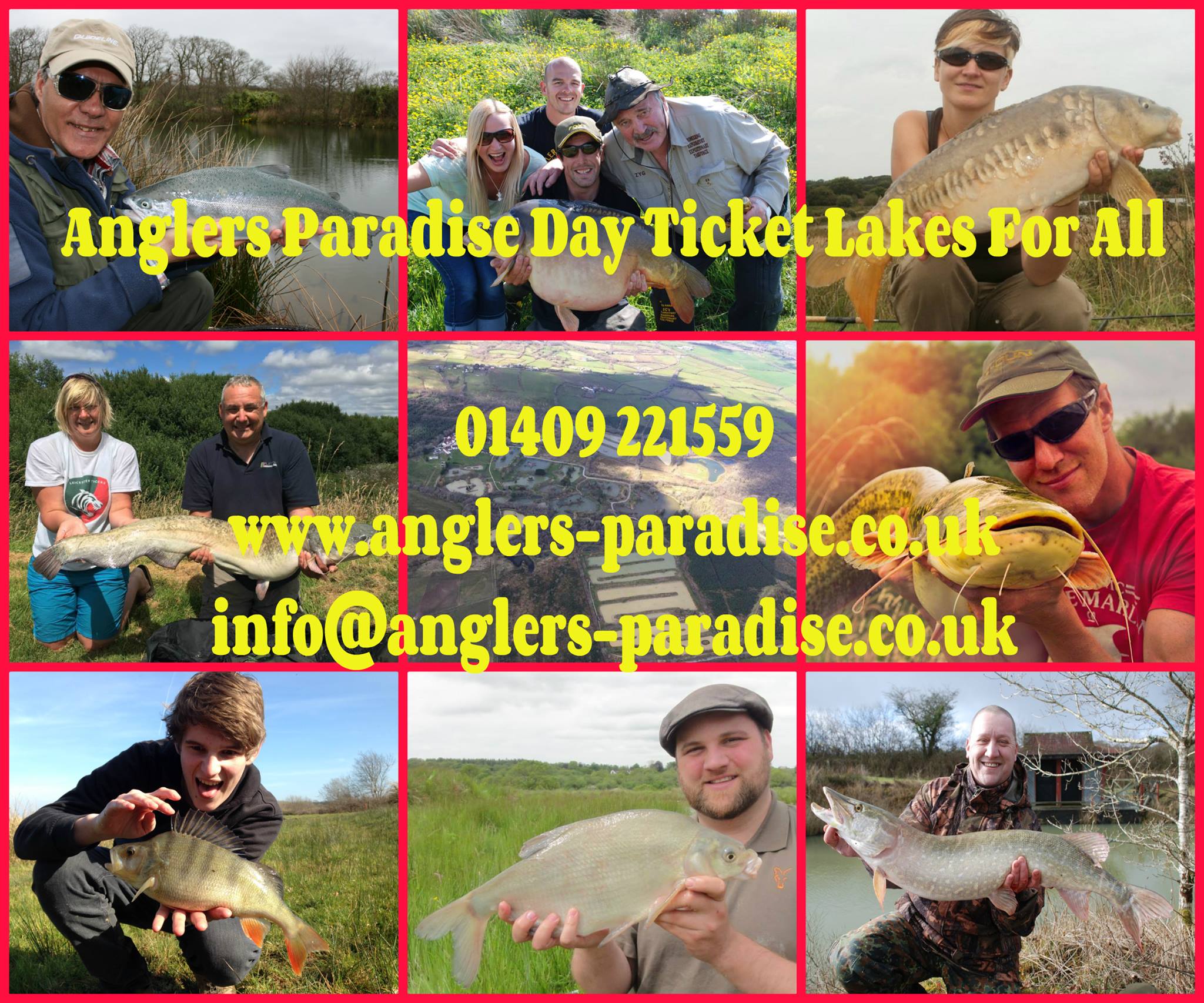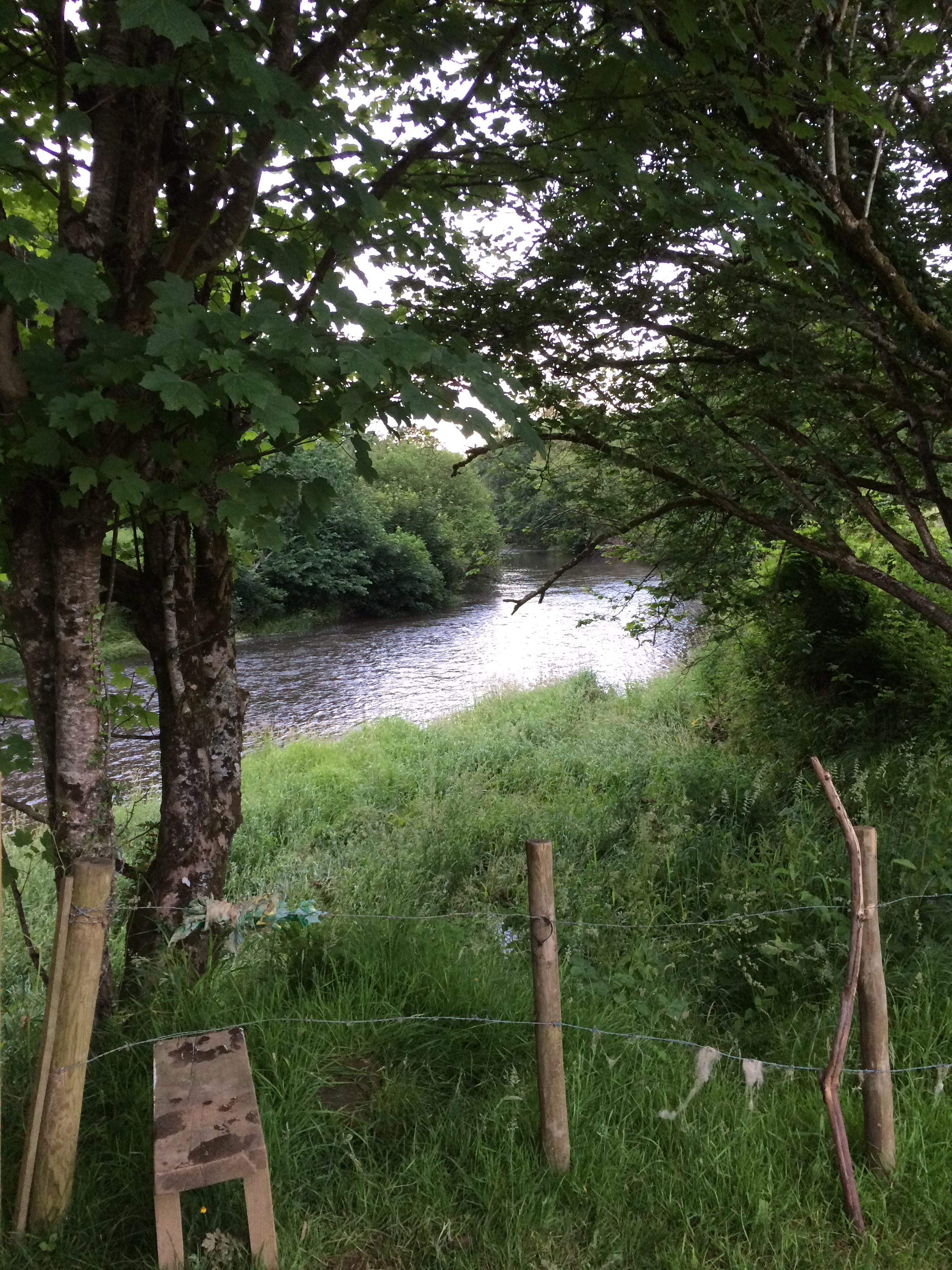
Anglers play a key role in invasive species management
Have you heard of the Check, Clean, Dry campaign? South West Lakes Trust’s Invasive Species Officer, Nicola Morris, is working with anglers and visitors to the lakes to encourage everyone to work together to prevent the damage caused by invasive non-native species and protect the lakes and sports we enjoy.
Over 2000 non-native plants and animals from all over the world have been introduced to the UK by people. Most non-native species are harmless, but approximately 10-15% have become invasive, having a negative impact on our environment, economy (costing the UK economy at least £1.8 billion a year), and even our health and way of life.
Invasive non-native species (INNS) threaten many key sites and are a particular threat in sensitive areas, such as offshore islands, rivers, lakes and streams. They can interfere with recreational activities, preventing anglers from using them. INNS can also cause dramatic declines of some native species including the water vole, white-clawed crayfish, and red squirrel.
Biosecurity means taking steps to make sure that good hygiene practices are in place to reduce and minimise the risk of spreading INNS and fish disease. INNS can carry diseases that kill fish, and block waterways and banks interfering with fishing activity. They can be small and hard to spot, so are easily spread on damp clothing and equipment. Once established, they become extremely difficult and expensive to eradicate, which is why it is so important to prevent their spread in the first place. Following some simple biosecurity steps can help protect the lakes and the activities we enjoy.
Basic Biosecurity Advice
Help protect the environment and fishing we enjoy by keeping your kit free of invasive plants and animals.
Always arrive at the lake with clean equipment and a clean vehicle. Whenever you leave the water, remember to Check, Clean, Dry.
Check your gear after leaving the water for mud, aquatic animals or plant material. Remove anything you find and leave it at the site.
Clean everything thoroughly as soon as you can, paying attention to nets, waders, and areas that are damp and hard to access. Use hot water if possible and make use of any facilities provided on site.
Dry everything for as long as possible (ideally 48hrs) before using elsewhere as some invasive plants and animals can survive for two weeks in damp conditions.
If disinfectants are used, they must be used and disposed of following the manufacturer’s instructions, particularly those regarding Health and Safety.
Going abroad?
It’s even more important to Check, Clean, Dry if you are taking your kit abroad, to ensure you do not bring any plants or animals back with you. Make sure everything is clean and has been dried thoroughly before you use it again at home.
Nicola is keen to work with anglers at South West Lakes Trust lakes and said, “Anglers who fish at our lakes are an invaluable source of knowledge. Many of them fish regularly, know the lakes very well and most already carry out effective biosecurity. Their knowledge and support is invaluable and those I have spoken to since I started at South West Lakes Trust earlier this year have been great. I really appreciate their input and I am looking forward to working with them over the coming months as we work towards improved biosecurity at our lakes.”
For more information on invasive species and to report sightings please email Nicola at [email protected].
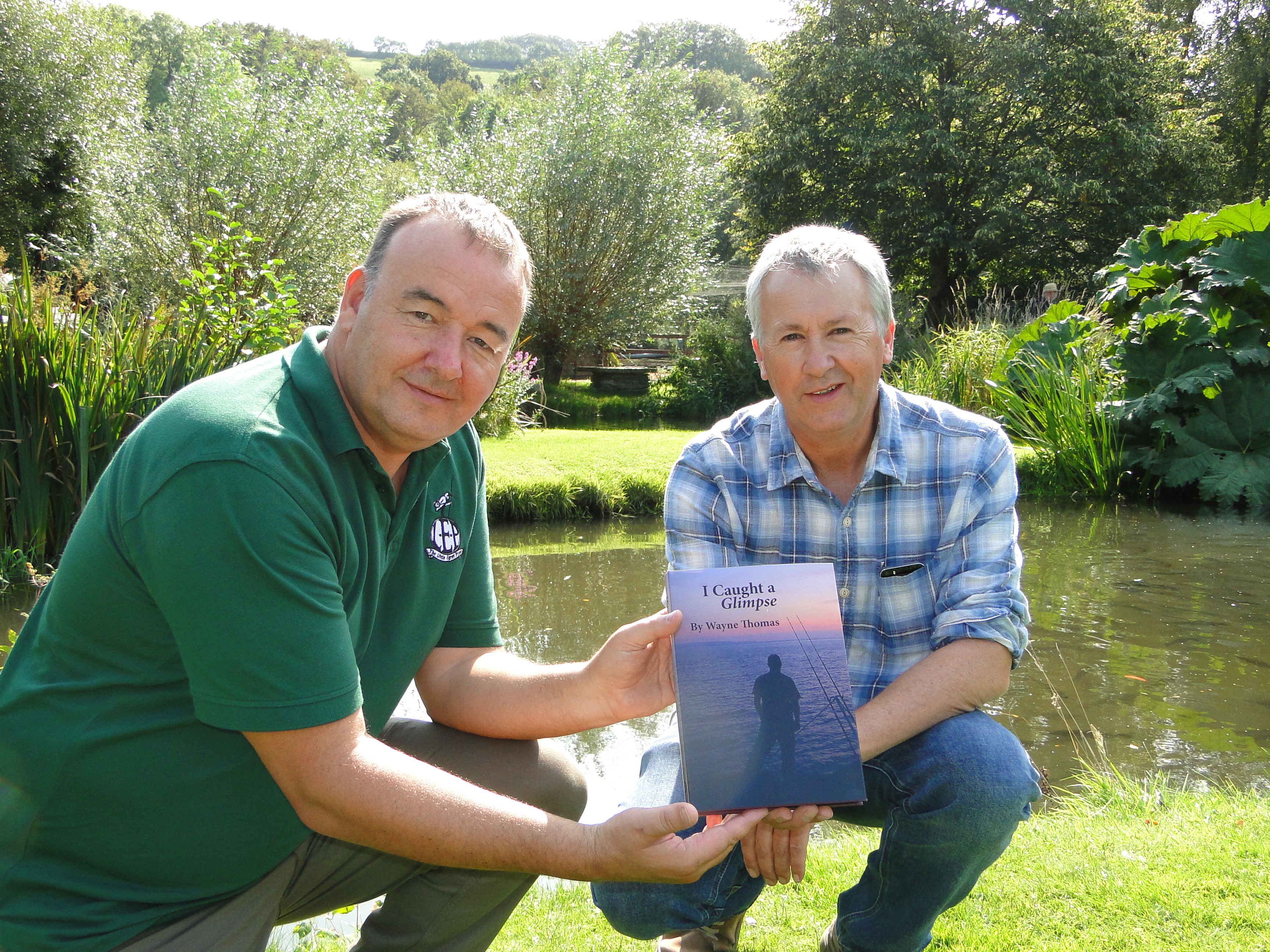
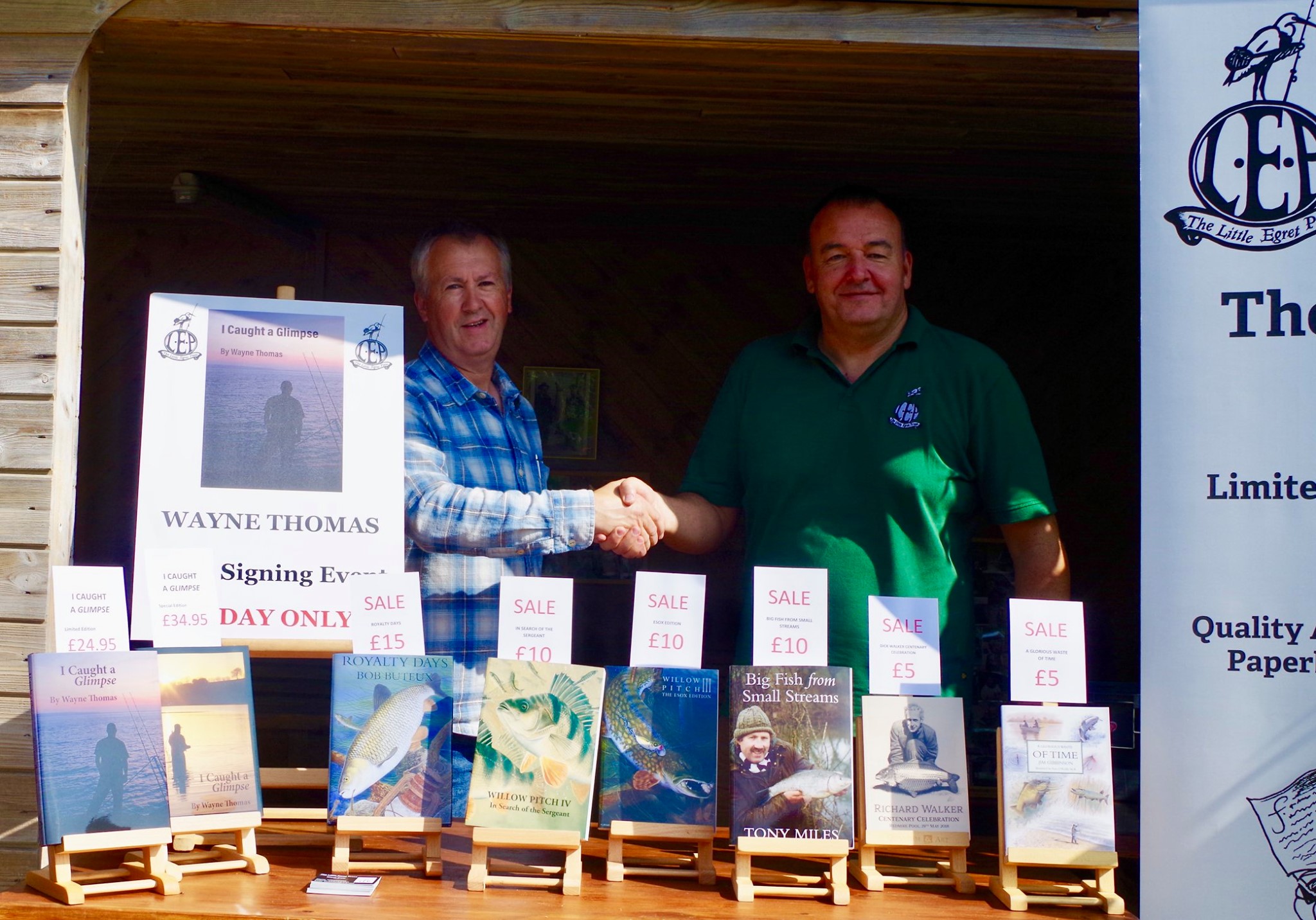 After what seems like a long journey my book ” I Caught A Glimpse” has finally been published and I am delighted with the end result. The launch day at Blakewell Fishery proved to be an enjoyable event with a good number of local anglers attending to meet with publisher Wayne Cryer from the Little Egret Press and myself. The lush water gardens, pools of swirling trout and tea rooms bathed in bright sunshine proved the perfect setting. There was a steady stream of anglers arriving throughout the event and it was pleasing to see generations of North Devon Anglers mingling and reminiscing with several old friends reunited.
After what seems like a long journey my book ” I Caught A Glimpse” has finally been published and I am delighted with the end result. The launch day at Blakewell Fishery proved to be an enjoyable event with a good number of local anglers attending to meet with publisher Wayne Cryer from the Little Egret Press and myself. The lush water gardens, pools of swirling trout and tea rooms bathed in bright sunshine proved the perfect setting. There was a steady stream of anglers arriving throughout the event and it was pleasing to see generations of North Devon Anglers mingling and reminiscing with several old friends reunited.